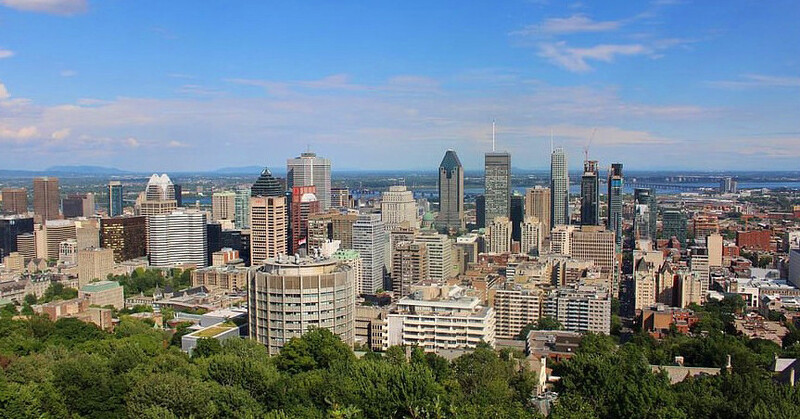In today’s episode of ‘Canadian housing gone wrong’: A 2021 Montréal bylaw meant to lead to the construction of over 1,200 new social housing units has produced zero.
What happened: The idea of the bylaw is to force developers to contribute to the city’s affordable housing supply by creating housing themselves, giving up a property to the city, or offering a financial contribution. Every developer has chosen the option to pay up.
That presents two problems…
- Of 7,100 housing units built since the bylaw took effect, none have been made into affordable housing (where tenants pay rent equivalent to 25% of household income).
- The city has instead raised $24.5 million between its affordable and social housing funds, which experts say isn’t enough to build even one social housing project.
Why it matters: Per the Canadian Mortgage and Housing Corporation, Canada needs to build 5.8 million homes by 2031 to restore affordability. But soaring construction costs, slow approvals, and lack of government incentives are projected to keep hindering progress.
- The conversation started to look up in Ontario yesterday after Premier Doug Ford guaranteed strong mayor powers to leaders who commit to specific housing targets.
- Such powers would allow mayors to pass housing-related bylaws with less council support, override council approval of certain bylaws, and prepare their city's budget.
Bottom line: Montréal’s failure to incentivize the development of just 1,200 city-mandated social housing units highlights the continued disconnect between the federal and provincial governments, cities, and the developers that actually need to build the new housing.—SB
